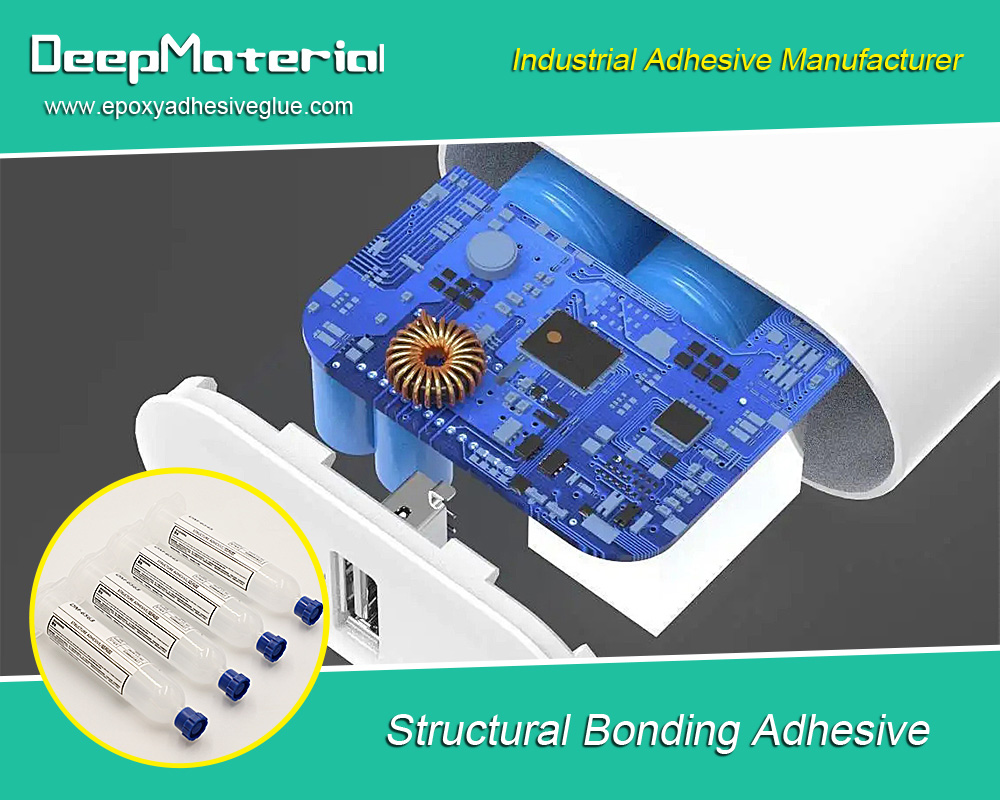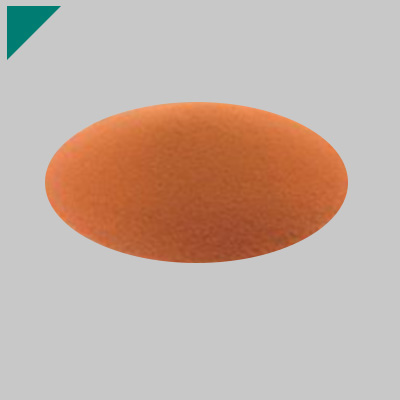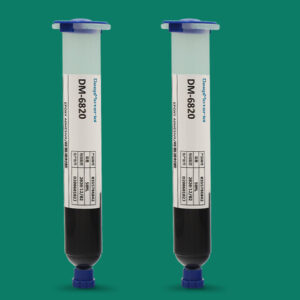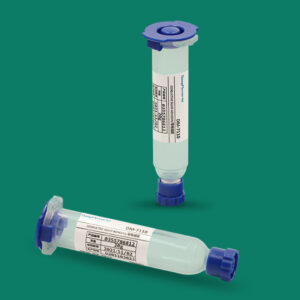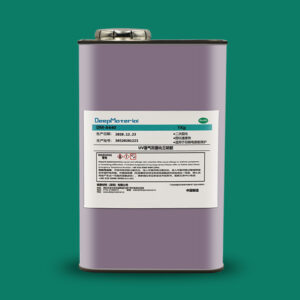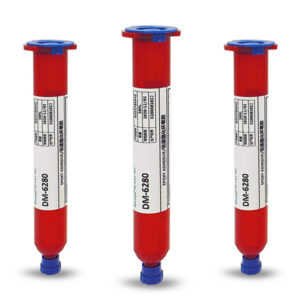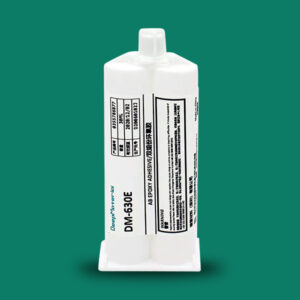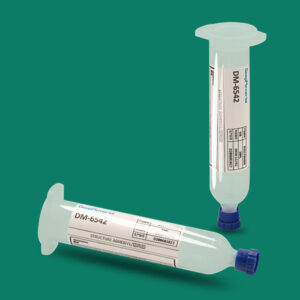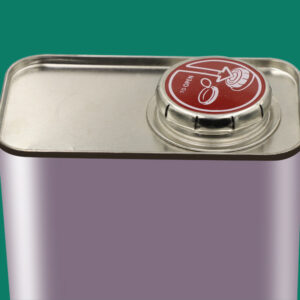What Is Epoxy Conformal Coatings For PCB?
What Is Epoxy Conformal Coatings For PCB?
Conformal coatings are polymer films applied to printed circuit board surfaces to protect them against harmful elements such as moisture, extreme temperatures, and chemicals. These films are thin so that they can conform to the different board shapes and their components. The protective layer they give is critical in ensuring the electronics remain reliable, functional, and durable.
Epoxy conformal coating is a two-part compound that offers exceptional strength and resistance when applied. The two-part compound cures easily and is resistant to vibration, humidity, chemical incursion, and abrasion. This type of coating can also be found as a single-part compound but will require curing by UV exposure or thermally. The two have excellent chemical and temperature resistance and are durable and tough.
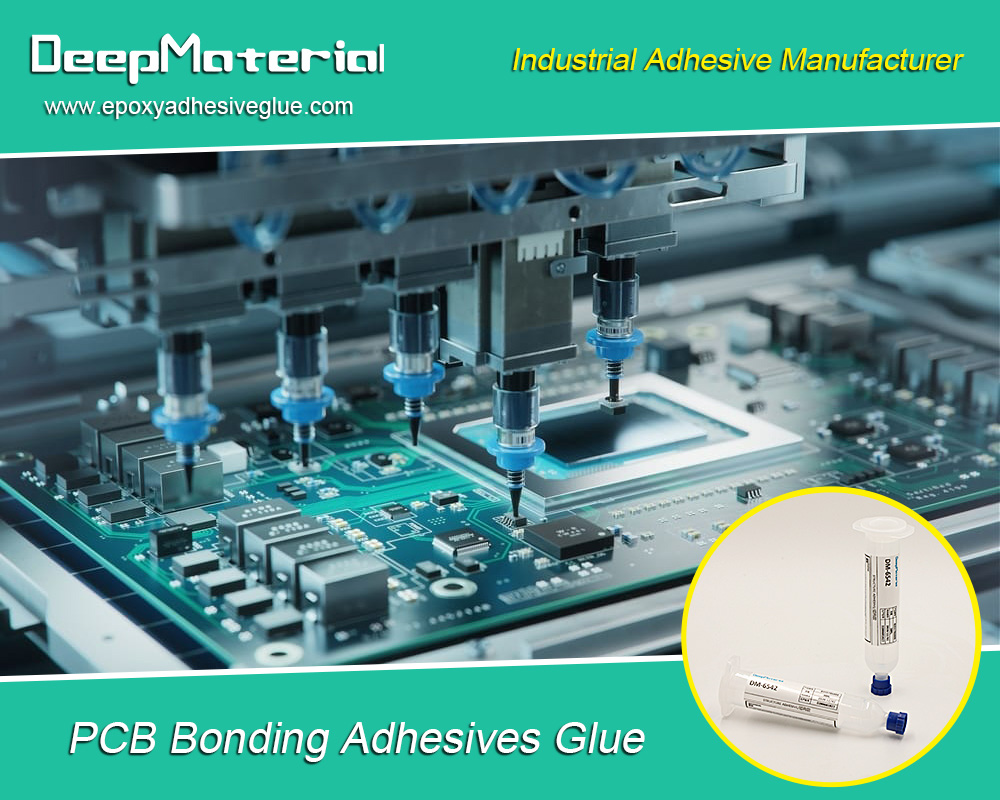
The advantages
The heat resistance reliability of epoxy coatings makes them popular in industrial, automotive, and aerospace applications. They are also used as adhesion primer improvers on metal surfaces, especially those prone to corrosion. Some metal cans and containers also have this coating in their interior as a rust prevention measure, especially those used for acidic food such as tomatoes. So, besides being very useful in PCBs, conformal coating is beneficial in other areas. It is a good choice because of the following advantages;
- Epoxy coating is easy to apply
- It has high glass transition with 50-90 degrees C temperature properties
- The coating has impressive dielectric constancy and insulation resistance
- Its moisture barrier absorption and retention attributes are exceptional
- It offers short-circuiting protection and remains useful even at 150 degrees C
- The coating is low cost especially compared to urethane and silicone
- It can clean up without solvents thanks to its water emulsion formulation
The disadvantages
The hardness and durability of epoxy coatings are unquestionable and provide hydrophilic polar protection. However, the coating has a few disadvantages you must know about when buying and applying. The disadvantages of this conformal coating include water migration possibilities under the coatings. The migration generates excess permeation, and this can lead to problems such as:
- Removal of the protective covering on the assembly
- Pealing of the protective conformal film
- Infiltration by harmful external elements
- Performance and corrosion degradation
As a result, it is not advisable to choose epoxy coating for devices and components which operate in water-related conditions. It also applies to misty conditions and salt-spray conditions. Other disadvantages are:
- Epoxy coating is difficult to repair or rework because of its hardness and surface durability
- It can shrink in polymerization processes
- Extreme temperatures reduce stress resistance levels
- The absence of UV trace in some epoxies deteriorates the coatings if they are over-exposed to UV light
- It is not reliable in protecting tin whisker development and effects
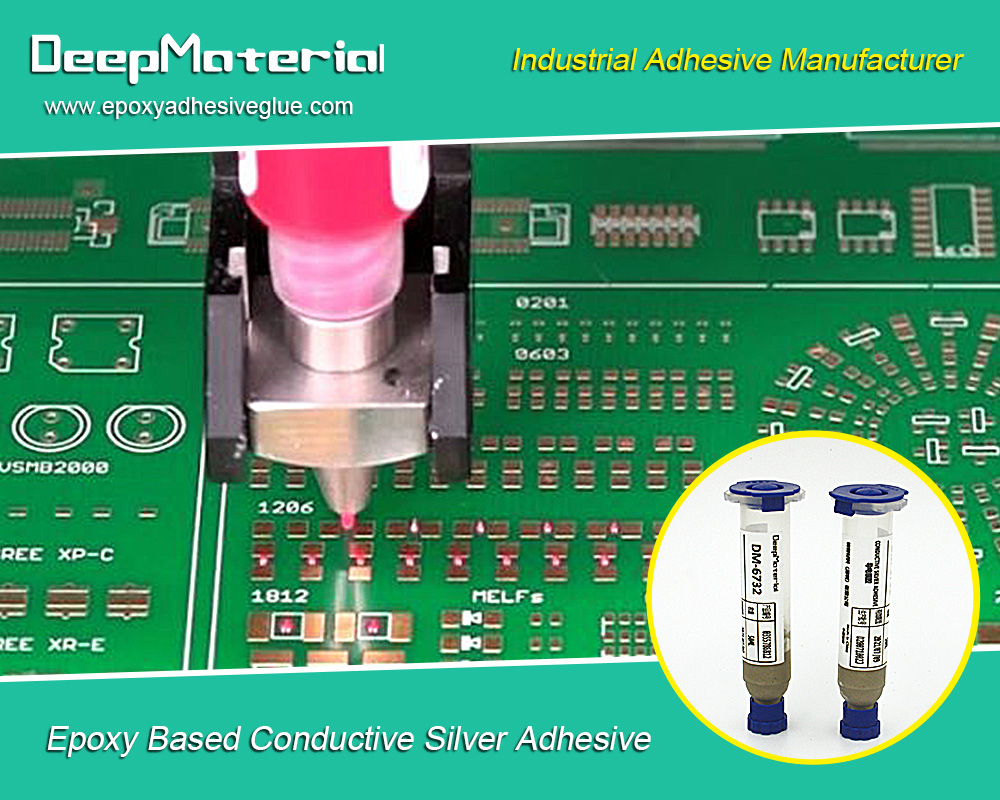
Summary
ER coatings are extremely durable and resist chemical, humidity, vibration, and abrasion damage. But it still can’t be ignored that their resistance can diminish over very high temperatures. The long-lasting film characteristic also works against it, making repairs hard to achieve. When working with this conformal coating type, you must carefully handle all processes so that no defects are left, and there is no need for repairs and reworks. It is a coating you can rely upon with the right application and use in the right conditions.
For more about what is epoxy conformal coatings for pcb,you can pay a visit to DeepMaterial at https://www.epoxyadhesiveglue.com/what-is-epoxy-conformal-coating-and-why-do-i-need-it/ for more info.


